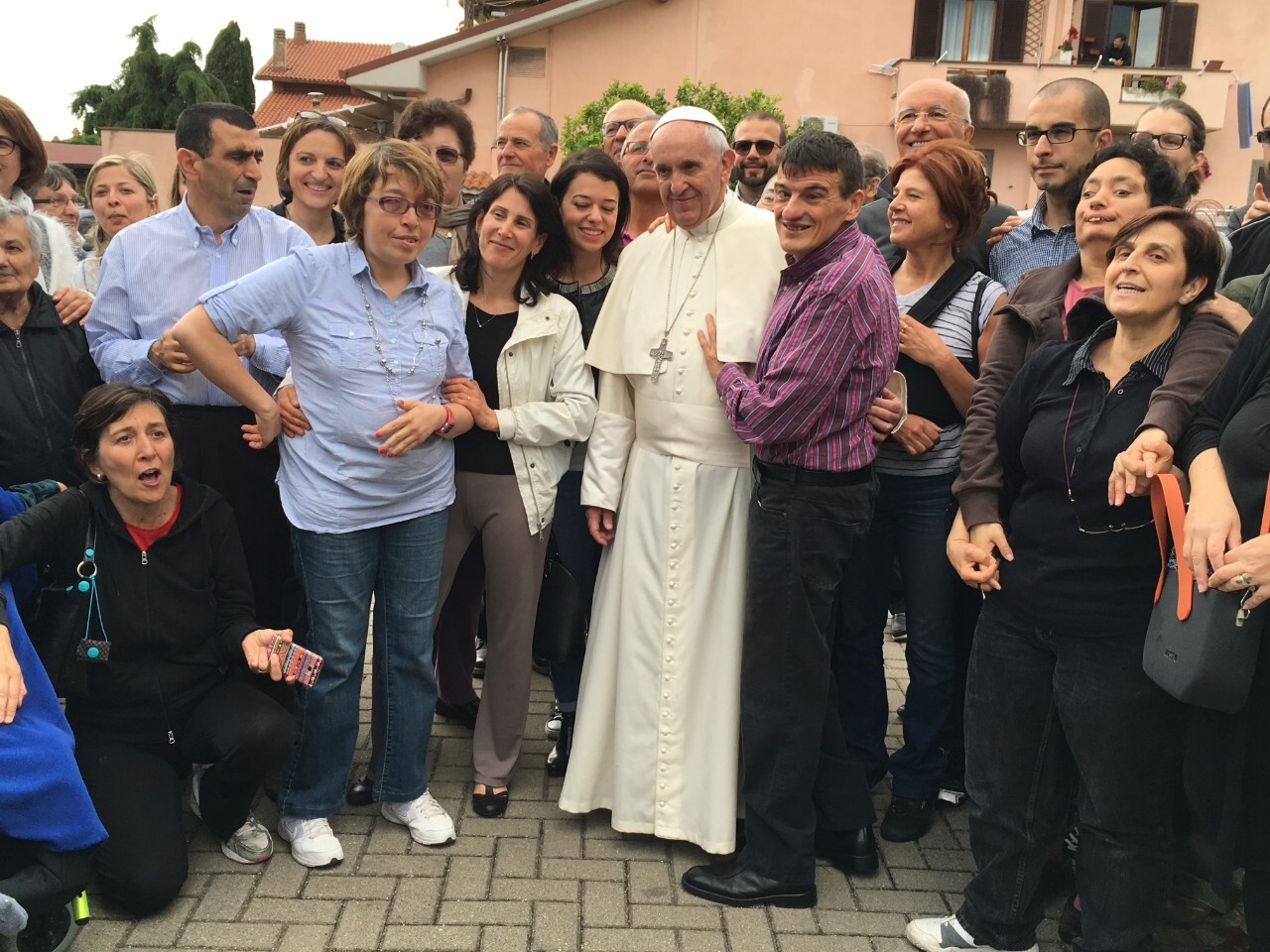You probably already know that Pope Francis has declared this year the Year of Mercy. On December 8 they opened the Holy Door at St. Peter's Basilica. Pilgrims who walk through the Holy Door can receive a plenary indulgence. But not everyone can get to Rome, so the grace has come to us. There are extra locations for earning the indulgence, like hot-spots of grace. In the Diocese of Green Bay, Bishop has designated 3 special Doors of Mercy:
- St. Francis Xavier Cathedral, Green Bay, WI
- Shrine of Our Lady of Good Help, Champion, WI
- National Shrine of St. Joseph, Old St. Joseph’s Church, De Pere, WI
Visiting one of these spots receives the same blessing as a trip to Rome and a visit to the Holy Door. So let's do a brief review of indulgences.
An indulgence is the remission in the eyes of God of the temporal punishment due to sins, the guilt of which has been absolved through the Sacrament of Reconciliation. The Christian faithful who are rightly disposed and observe the definite, prescribed conditions gain this remission through the effective assistance of the Church. A plenary indulgence frees a person from all of the temporal punishment due to sins and may be gained only once on any one day. Indulgences are only applicable to oneself and to the dead.
Jesus paid the price for our sins. But we also participate in the undoing of evil. Let's say, for example, that you were told not to play with matches. But you did anyway and you started a fire that burned down the garage with everything in it. You say, "I'm sorry," and your parents say, "We forgive you." Pretty awesome parents, huh? Obviously you cannot repay the damage but your parents don't let you off scot-free. You have to help clean up the mess. It takes you all summer. An indulgence would be like Mom and Dad saying, "We know you're sorry. You've worked really hard so far, so we hired a skid steer to finish the job." It's not that you are let off the hook, and it's nothing you "buy", but Mother Church asks us to do a little and she takes care of the rest.
There are seven conditions. The first six are pretty basic:
- By having the intention of acquiring the indulgence,
- going to confession (before or after the visit),
- receiving Holy Communion (before or after the visit),
- making a profession of faith (saying the Creed),
- praying for the Holy Father and for the intentions that he bears in his heart for the good of the Church and of the entire world (usually an Our Father, Hail Mary, and Glory Be is enough),
- be truly free from all attachment to sin,
- while doing any of the following: a. Walk through one of the Diocesan Doors of Mercy (see above) b. Personally performing one or more of the Spiritual and Corporal Works of Mercy.
The sick, elderly and homebound can, instead of #7, receive Holy Communion or attend Holy Mass and community prayer (even through the radio or TV). The incarcerated can receive the indulgence by visiting the chapel in the prison.
You can see how generous the Church is in desiring all her children to receive an abundance of God's mercy. So why not take advantage of it? Schedule a summer pilgrimage to one of the three sites above, or to a local site in your own Diocese. And then try and accomplish one of the Works of Mercy every day. You could earn a plenary indulgence every day until the end of the Year of Mercy on November 20, 2016. As Pope Francis reminds us: "God never tires of forgiving. It is we who get tired of asking for mercy."
Spiritual Works of Mercy
- Admonish the sinner.
- Instruct the ignorant.
- Counsel the doubtful.
- Comfort the sorrowful.
- Bear wrongs patiently.
- Forgive offenses.
- Pray for the living and dead.
Corporal Works of Mercy
- Feed the hungry.
- Give drink to the thirsty.
- Clothe the naked.
- Welcome the stranger.
- Care for the sick.
- Visit the imprisoned.
- Bury the dead.
